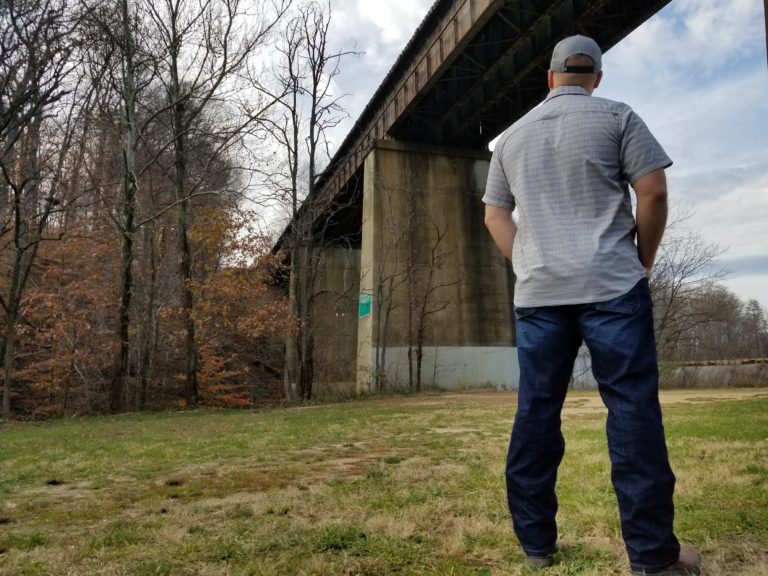Interview with Mega-Church Security Director
By Kevin Quinn @kqconsulting
Attacks on Churches and places of worship have risen both here in the United States and around the world in recent years. I have volunteered my time on a Church Security Team for several years and it was rewarding to serve in a capacity where I have experience to share. I’m sure by now, we have all seen the video of the security team member putting an end to an active shooter in Texas this past weekend. This most recent incident just goes to show the necessity of having security at what has always been thought of as “Soft-Targets”.
Recently, I interviewed the Security Director of a “Mega-Church” in the suburbs of Phoenix AZ to discuss Church Security, putting together a team and anything else of interest. A megachurch is defined by the Hartford Institute as any Protestant Christian church having 2,000 or more people in average weekend attendance.
First off, tell me a little about yourself and background in this area: I have been a part of the Emergency Response Team for a large Mega Church outside Phoenix for about 10 years, and on staff as the Director of Safety and Security almost 8 of those years overseeing our 3 campuses. I am also an A.L.I.C.E. Instructor and have been teaching/instructing between my career in the Marine Corps (Infantry) and my civilian life for the last 17 years.
What are the demographics/details about your Church? Services, membership, average attendance?
Our church is a non-denominational Christian church with about 6000 people in attendance every weekend. There are 10 different service times between Saturday evenings and Sundays spread out among our three church campuses.
How did you get involved in Church Security?
Kind of by accident, you can say. I was still on Active duty with the Marine Corps, my wife and kids were already getting settled here and were introduced to the church by friends. I came home a few weekends here and there and noticed the security presence and started inquiring. The rest you can say is history.
What is a typical “Non-Sunday” for a Church Security director
A typical non Sunday – I am still here for the randomness of the day as in people coming onto campus in need of assistance or sometimes those may become disruptive because they feel they are not getting the help they need. There are suspicious people/vehicles on campus, inspections, bulding issues related to security, dealing with locks and door issues, handling of medical incidents and the list goes on. We also have evening programming as well throughout the week along with Special Events outside of regular Sunday services.
Can you give me a breakdown of your team at the church? Experiences, etc
Experience among the team varies. We have everything from Active to Retired Law Enforcement Officers. We also have Active and Retired Firefighters/Paramedics on the team with the range being anything local all the way up to the federal level. I also have a wide variety of individuals that have not only a heart to serve but an eye for things that don’t look right or a gift of talking to people.
I understand that everyone is a volunteer with the exception of you, about how many people do you have serving on a typical Sunday?
My team usually runs 6 to 8 We have about 6 to 8 per service, but this varies and also depends on information and if there are any special events scheduled for the day.
What are the team responsibilities? The team responsibilities vary, but the overall big picture is the safety of the attendees. The Security staff is positioned all around the campus from the patio to the sanctuary, Student area to the lobby and other areas of interest.
Is everyone on the team armed?
No, outside of my Active or Retired Officers, I only have 4 to 6 armed staff, but those go through an annual qualification and judgmental shoot/no shoot scenario-based process as well as additional documented training.
What other types of people do you have on the team?
As I mentioned earlier, we have paramedics on staff since medical issues are probably our second largest task when it comes to incidents so we will always have that capability available.
What kind of training do you make available?
I do my best to offer outside training made available through the Church Security network I belong to, along with tabletop type training on Active Shooters and to How to Respond to a disturbance.
In light of all the attacks in places of worship, what extra precautions has your team taken?
Awareness, Awareness, Awareness. Educating other volunteers to be aware of people and what goes on around them is also a large responsibility. We are keen to passing info to our team and keeping them abreast of current events. Ultimately communication is key in various aspects of what we do as a team and as individuals.
What advice would you give someone who is interested in trying to start a security team at their church?
Reach out, ask questions, attend a Security Conference – no one is reinventing the wheel… We all started at ground zero. I belong to an amazing network here where we live and several have grown throughout the state. Help is always available.
*The views and opinions expressed on this website are solely those of the original authors and contributors. These views and opinions do not necessarily represent those of Spotter Up Magazine, the administrative staff, and/or any/all contributors to this site.

